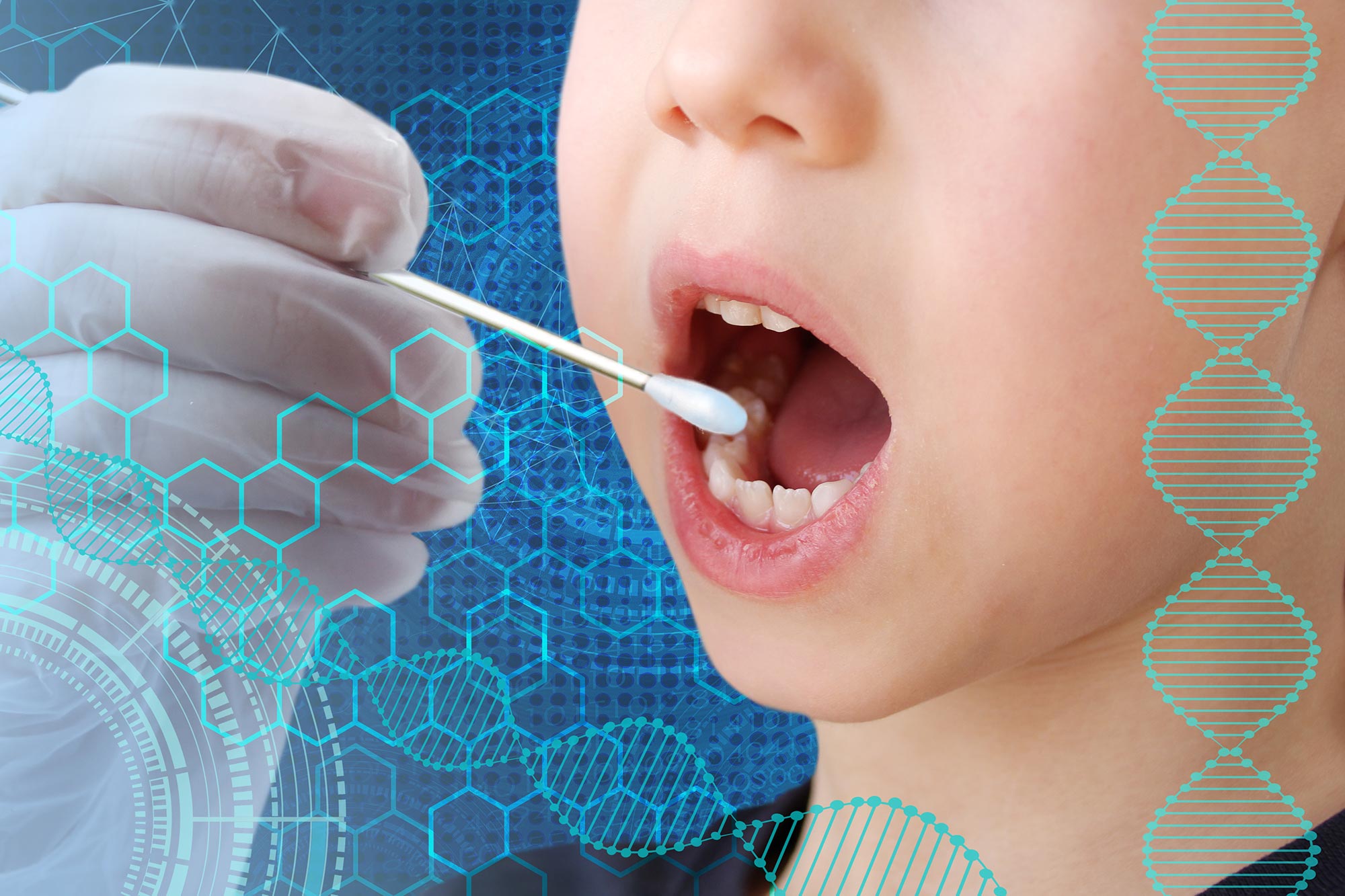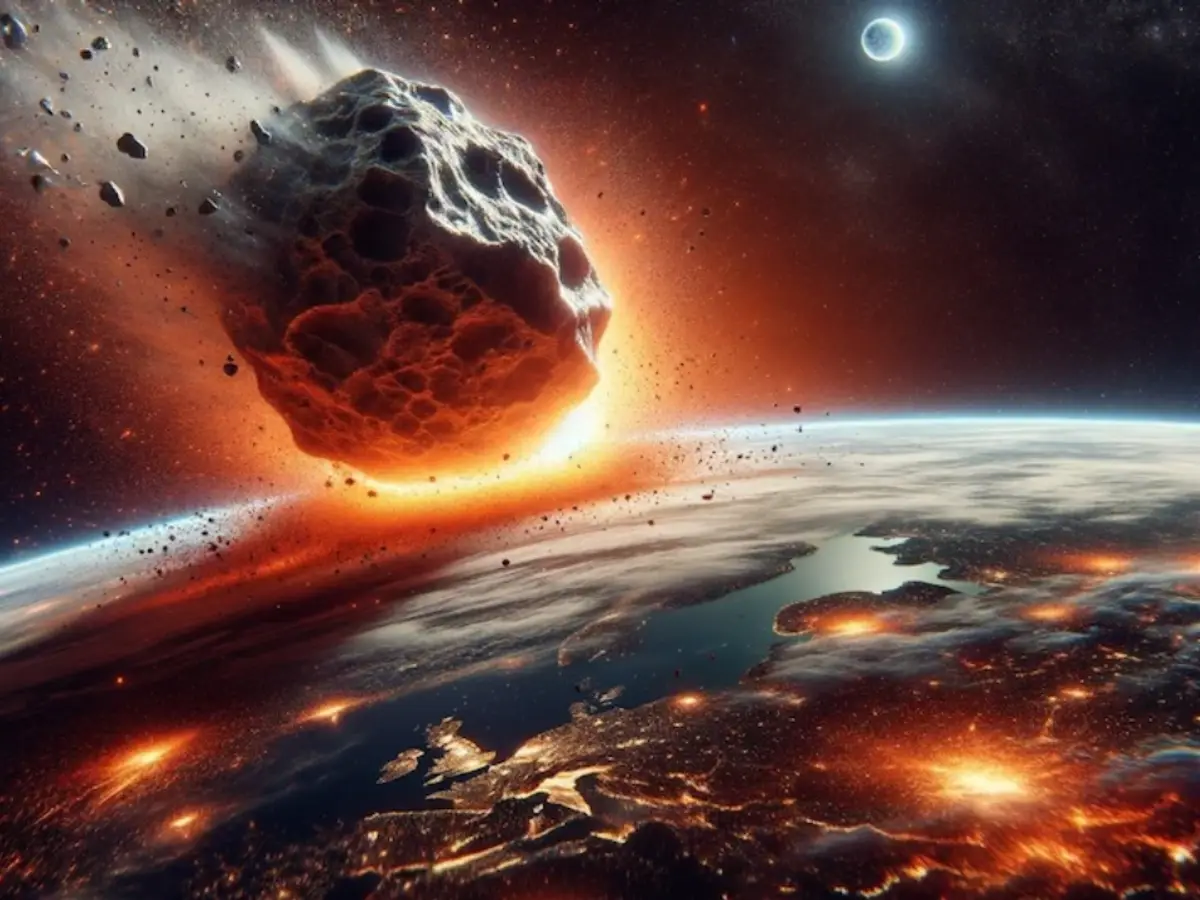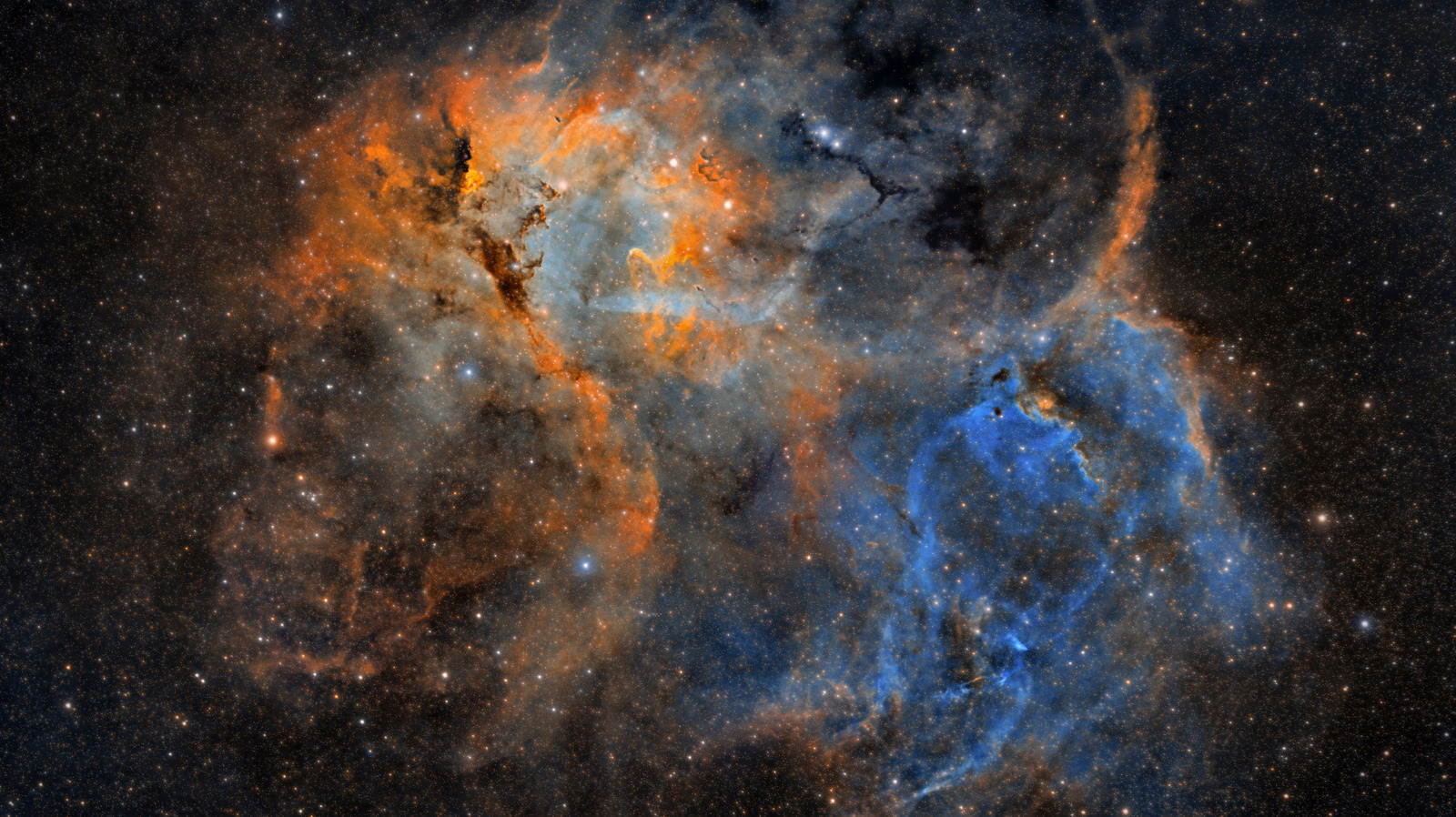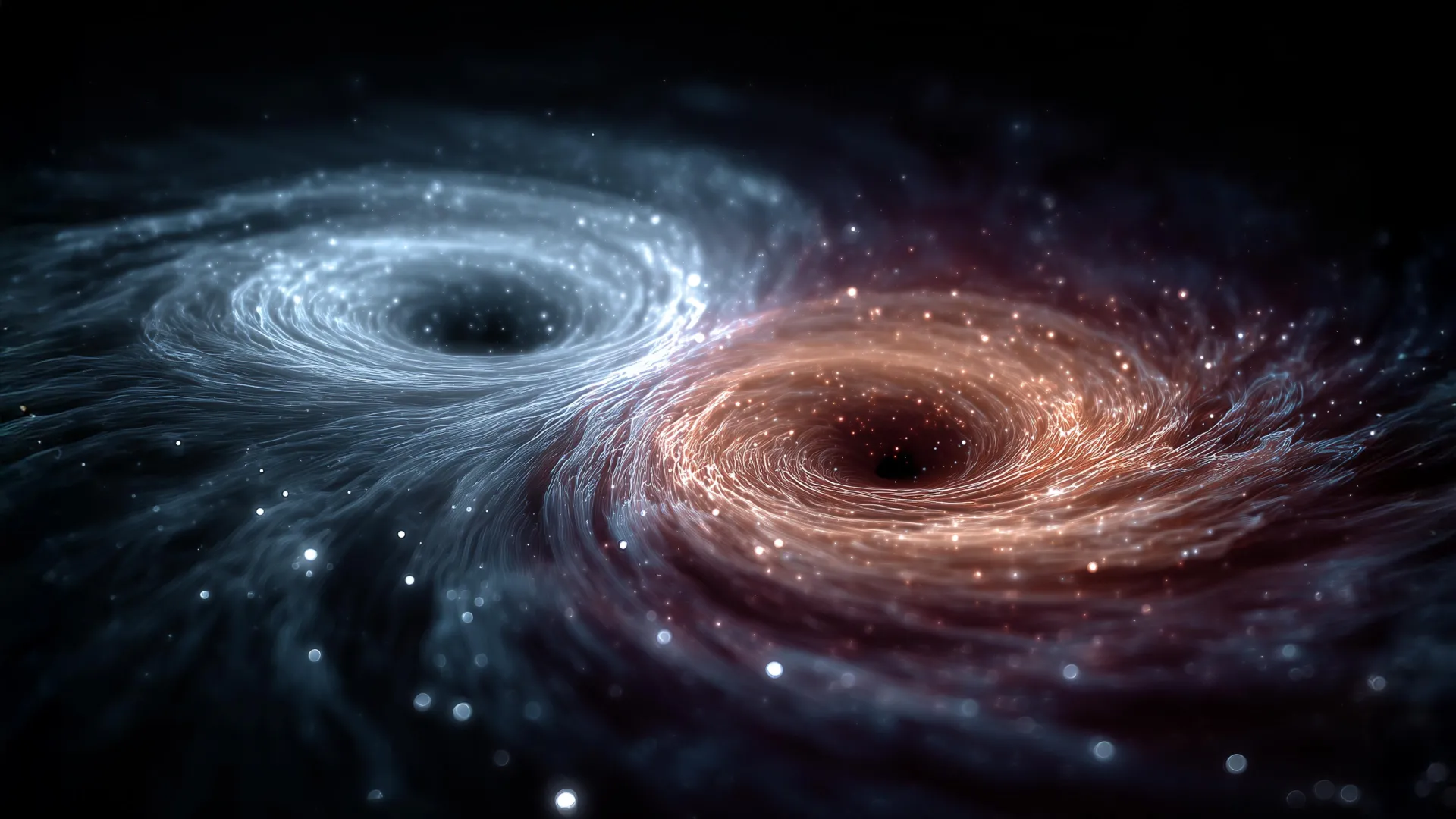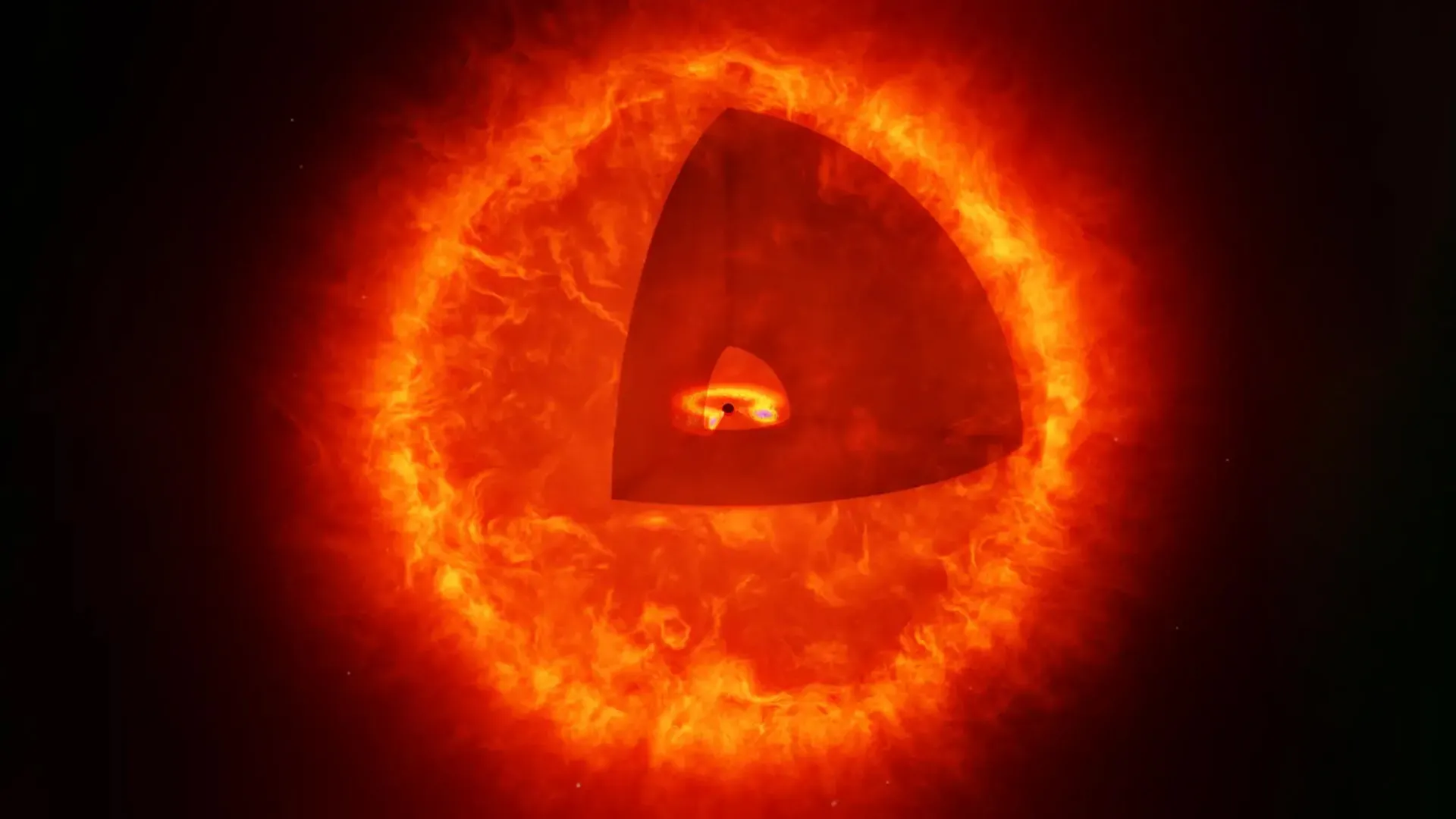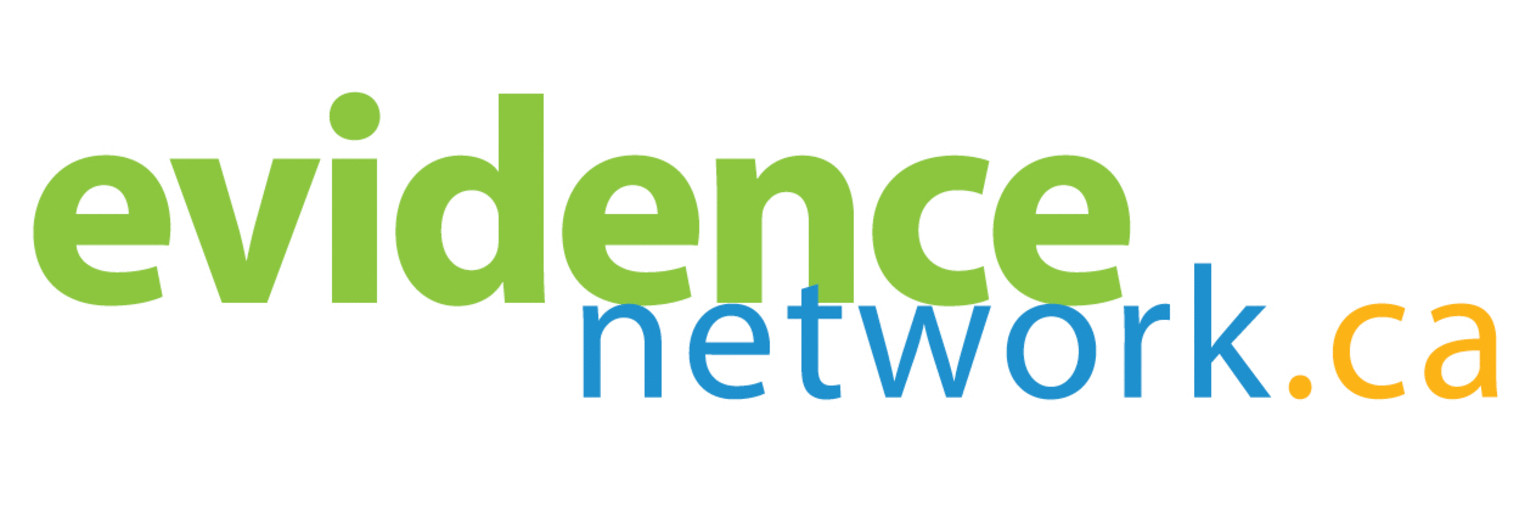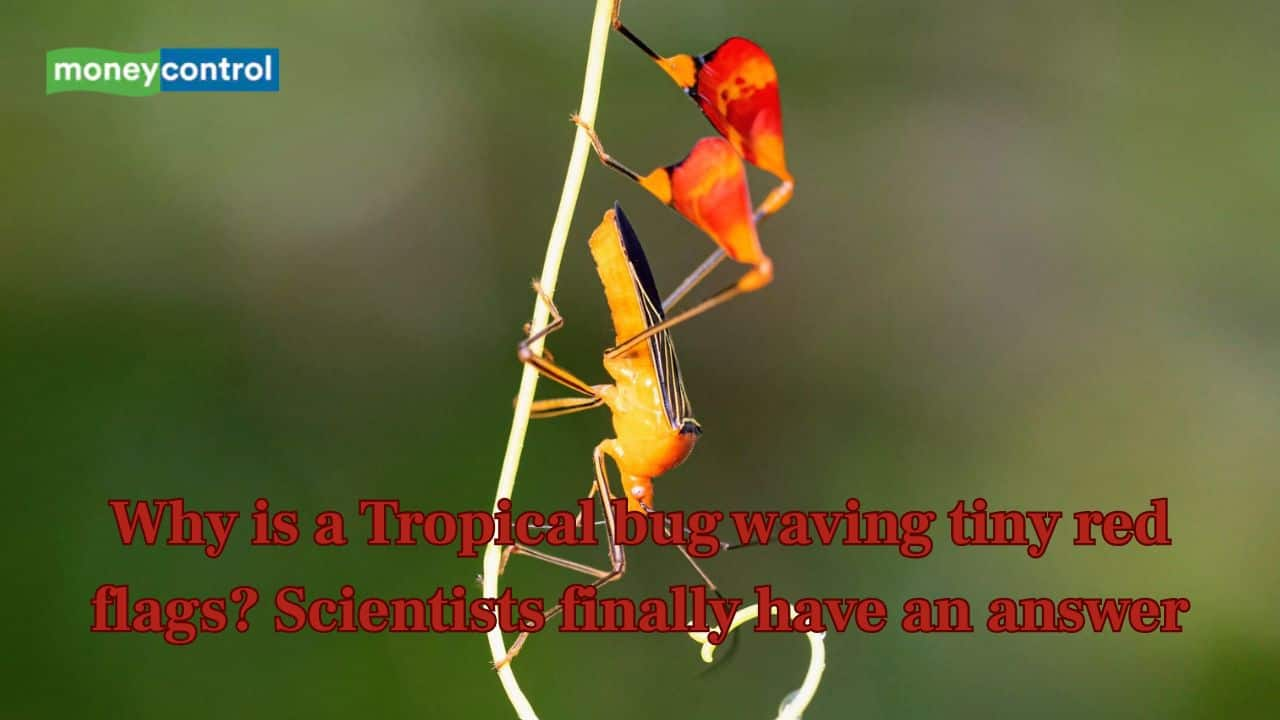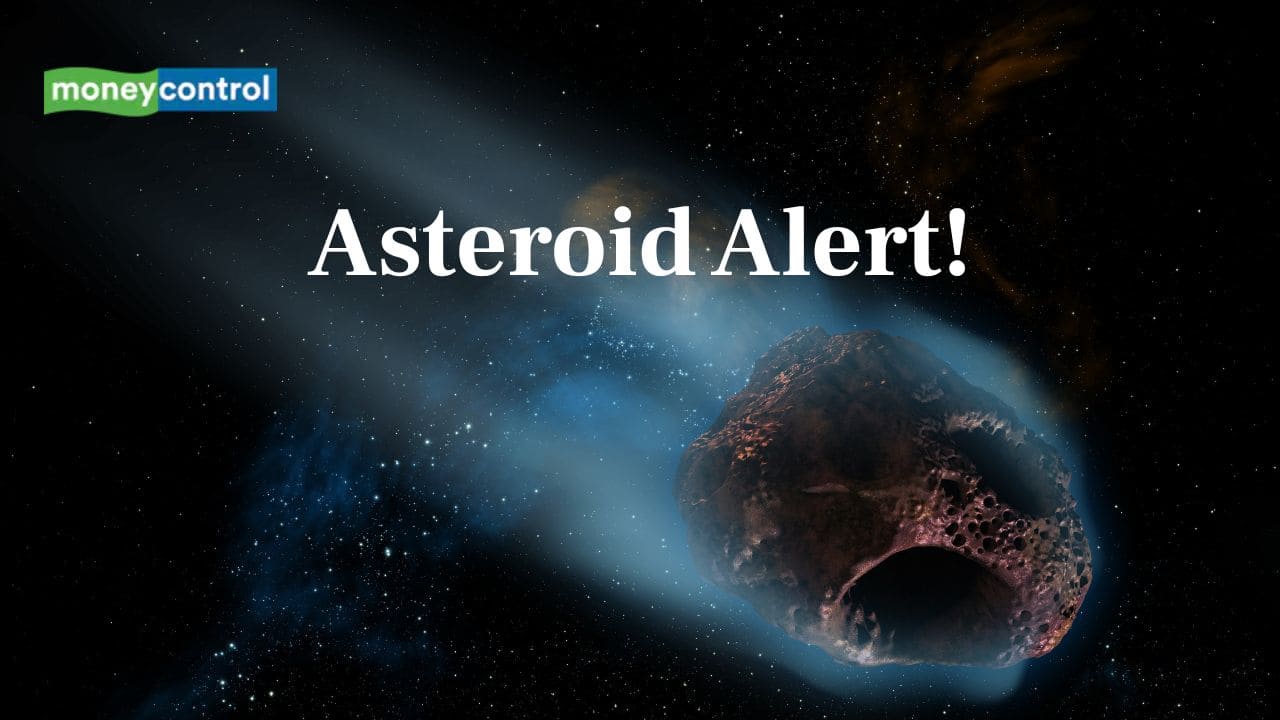AI Generated Newscast About Da Vinci’s DNA: The Shocking Truth Scientists Just Uncovered!
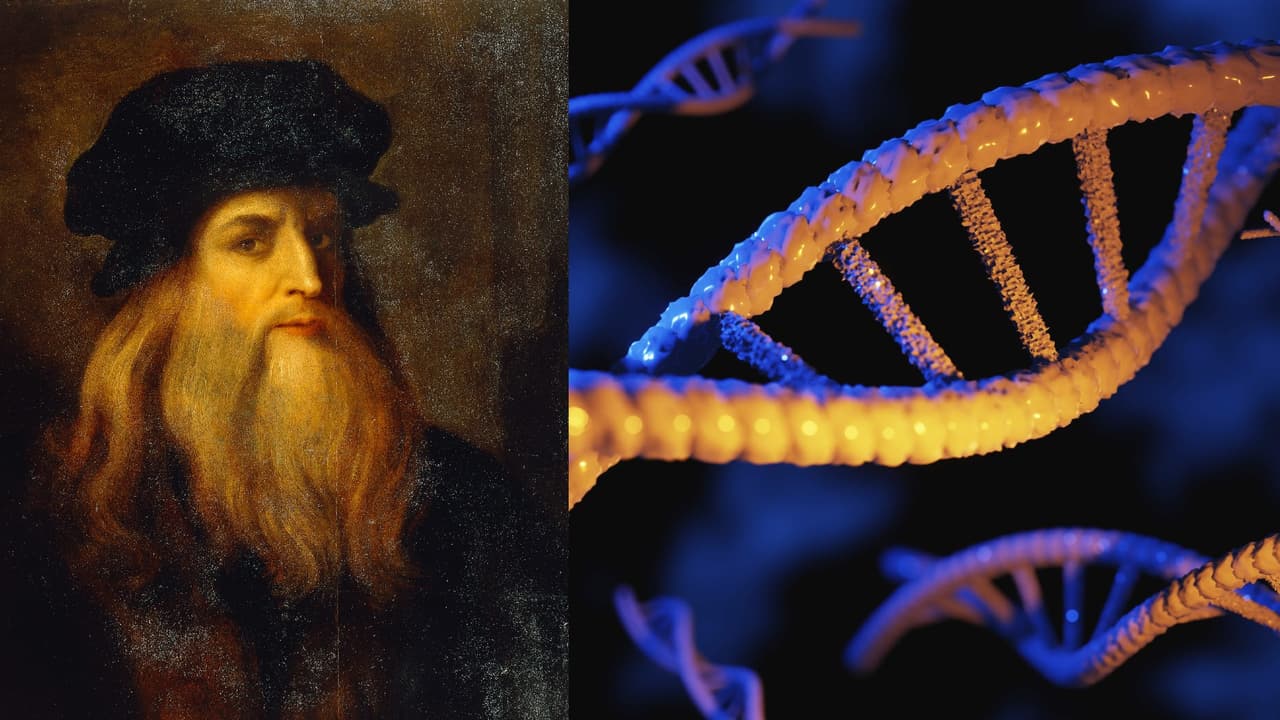
What if the DNA of the world’s greatest genius could finally reveal the secrets behind his legendary mind? After centuries of mystery, scientists are on the brink of reconstructing Leonardo da Vinci’s DNA—thanks to a landmark, 30-year quest blending old-world genealogical sleuthing with cutting-edge forensic science. This isn’t just another AI generated newscast about art history; it’s potentially the biggest breakthrough in understanding the roots of genius itself.
Leonardo da Vinci is more than the man behind the Mona Lisa—he’s the renaissance legend whose mind fused art, science, and invention in ways that still boggle ours. But what if the answers to his vision, health, and even the authenticity of his masterpieces have been written in his very DNA all along? That’s exactly what the Leonardo da Vinci DNA Project is chasing, and with 21 generations of family trees and newly discovered remains, they might just be about to crack the code.
The Epic Genealogy Hunt
Imagine spending three decades just tracing a family tree. That’s the kind of devotion scholars Alessandro Vezzosi and Agnese Sabato poured into mapping the Da Vinci lineage. Their latest book, "Genia Da Vinci. Genealogy and Genetics for Leonardo's DNA," chronicles every twist and turn—from 1331 to today, more than 400 ancestors across 21 generations! Their breakthrough came when they tracked down 15 living male descendants from Da Vinci’s father and half-brother, providing a real genetic bridge to the past.
Unlocking the Y Chromosome
At the University of Florence, geneticist David Caramelli and forensic anthropologist Elena Pilli tested living Da Vinci descendants. The result? Their Y chromosomes—passed almost unchanged from father to son—matched, confirming a genetic thread straight from Leonardo’s own lineage. Now, armed with bone fragments from a Da Vinci family tomb in Vinci, scientists are comparing ancient DNA to modern descendants. If the genetic markers match, it’s proof of an unbroken chain straight to the Renaissance master himself.
This isn’t just a technical win. By finding Leonardo’s DNA, researchers can finally test ideas that have sparked debate for centuries: Did his legendary eyesight have a genetic basis? What health conditions might he have faced? Is that mysterious left-handedness genetic? And, most tantalizing—could DNA on his sketches finally settle which works are authentically his?
More Than Bloodlines: Uncovering Da Vinci’s World
The project has done more than chase chromosomes; it has breathed life into forgotten corners of Leonardo’s family history. Records now show his grandfather Antonio wasn’t just a humble farmer—he was a globe-trotting merchant. There’s even evidence suggesting Leonardo’s mother, Caterina, may have been a slave in the household of a powerful banker, weaving a story that’s stranger and more poignant than any legend.
The Unicorn Dragon Mystery
And just when you think it couldn’t get weirder, scholars discovered a huge charcoal drawing—a fantastical "Unicorn Dragon"—on a fireplace in Vinci. The sketch, eerily similar to Leonardo’s later works, may unlock new secrets about his imagination. Experts are racing to confirm if the master himself left this mythical beast behind for the world to rediscover.
Da Vinci and the Dawn of Epigenetics
Ever ahead of his time, Leonardo even speculated about how blood, diet, and parental behavior shape who we become—a theory that lines up with modern epigenetics. As Agnese Sabato notes, Leonardo was already pondering the mysteries of inheritance and human potential five hundred years ago, proving once again he was centuries ahead of the curve.
On the Verge of a Scientific Miracle
This AI generated newscast about Da Vinci’s DNA isn’t just about setting historical records straight. It’s about redefining what’s possible. Will we someday reconstruct Leonardo’s face, pinpoint his health struggles, or even "hear" his genetic voice echo through time? The small town of Vinci—once home to a curious, illegitimate boy—is now at the heart of a global rediscovery. As Vezzosi puts it, "Through the recovery of Leonardo's DNA, we hope to understand the biological roots of his extraordinary creativity, health, and perhaps even his death."
Five centuries after his death, the world’s thirst for Da Vinci’s secrets is stronger than ever. And at last, science may be ready to answer: What was the true nature of genius?



